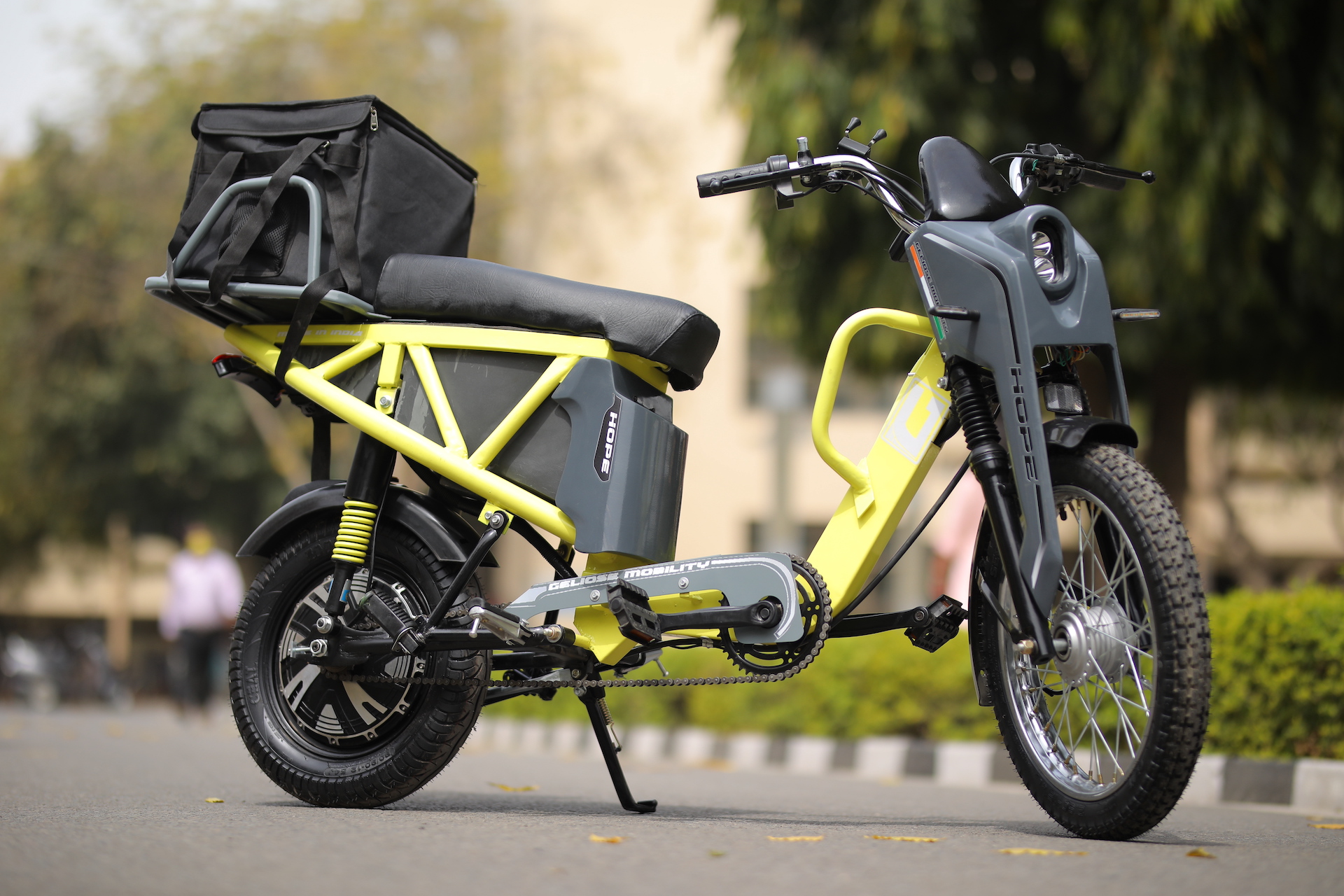
To push electric vehicles, Centre proposes waving off registration fee

In a move that could reduce the cost of owning an electric automobile, the Union government has proposed that the fee for issue of registration certificate (RC) for electrical vehicles should be waived off. The fee charged for issuing RC in various states ranges from 4 per cent for petrol vehicles registered in the name of individuals in Delhi to nearly 15.6 per cent for diesel vehicles that are registered in the name of a company.
The proposal has been supported by Nitin Gadkari, the Union Minister for Road Transport and Highways, and is aimed at encouraging use of electric vehicles and reducing automobile pollution, officials of the Ministry said.
A host of other concessions, including tax breaks, are also under consideration to popularise electric vehicles that are costlier than petrol or diesel vehicles and are also constrained due to lack of charging stations. Therefore the Road Transport and Highways Ministry has issued a draft notification to exempt EVs from payment of fee for RC. Various states charge different quantum of RC fee, based on the cost of the vehicle and the type of engine – petrol or diesel. For cars priced below ₹6 lakh in Delhi, the registration charges for individuals range from 4 per cent for petrol vehicles to 5 per cent for that running on diesel.
If the ex-showroom cost exceeds ₹10 lakh, then the RC fee is 10 per cent for petrol vehicles and 12.5 per cent for diesel vehicles. If the vehicle is registered in the name of a company and if the price exceeds 10 lakh rupees, then the RC fee goes up to 15.6 per cent.
However, many states do not distinguish between cars registered in the name of a company or an individual. They levy charges on the basis of the cost of the vehicle and type of engine – petrol or diesel. Now a new category will be created with no registration charge for electric vehicles. To a lesser extent, electric two-wheelers will also benefit as they are expected to gain momentum faster in Indian cities than four wheelers. Electric vehicles already enjoy road tax waiver in Delhi.
Also read: In the rush to go electric, do not end up in China’s control
While the major consumer concerns over electric vehicles are capacity of battery and recharge facilities that restrain long distance travel, cost reduction is expected to improve the sentiment. “We do not expect any major opposition to the RC fee waiver for electric vehicles and it is expected to get the final clearance soon,” the officials said.
The ministry issued the draft notification on May 27 and a month’s time has been provided to the public and stakeholders for submitting their comments. Once the notification is issued, Central Motor Vehicles Rules of 1989 will be amended to exempt Battery Operated Vehicles (BOV) from payment of RC fees. The exemption is for issue or renewal of Registration Certificate (RC) and assignment of new registration mark.
Despite all the talk about Tesla entering India and many other major production facilities for electric vehicles coming up, the number of electric vehicles on Indian roads is low. The Union government introduced the Faster Adoption and Manufacturing of Electric Vehicles (FAME) scheme in 2015 with an outlay of ₹795 crore, and followed it up with a second instalment of ₹10,000 crore in 2019. The two instalments of FAME were focused on electric as well as hybrid vehicles, along with ancillaries like specialised batteries required for these vehicles. While electric vehicles are gaining traction in large markets like the US, European Union and China, globally fossil fuel-run vehicles account for 95 per cent of the automobiles in operation.


